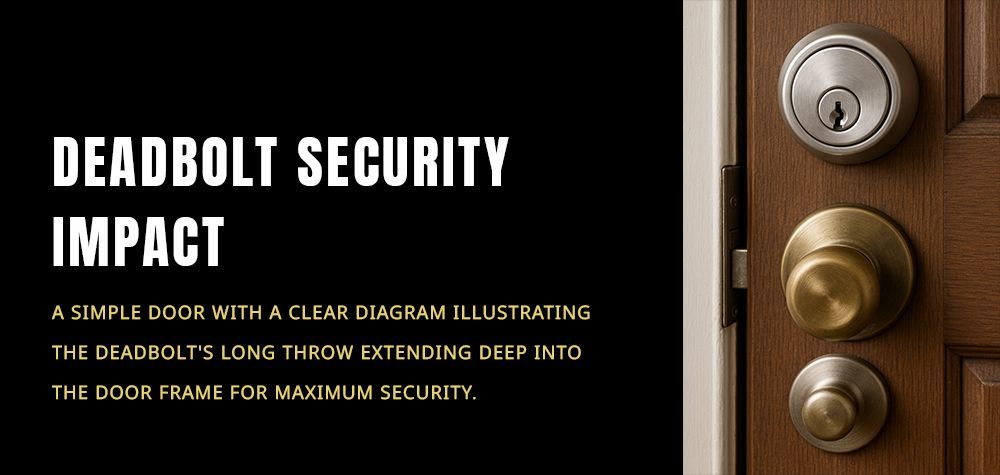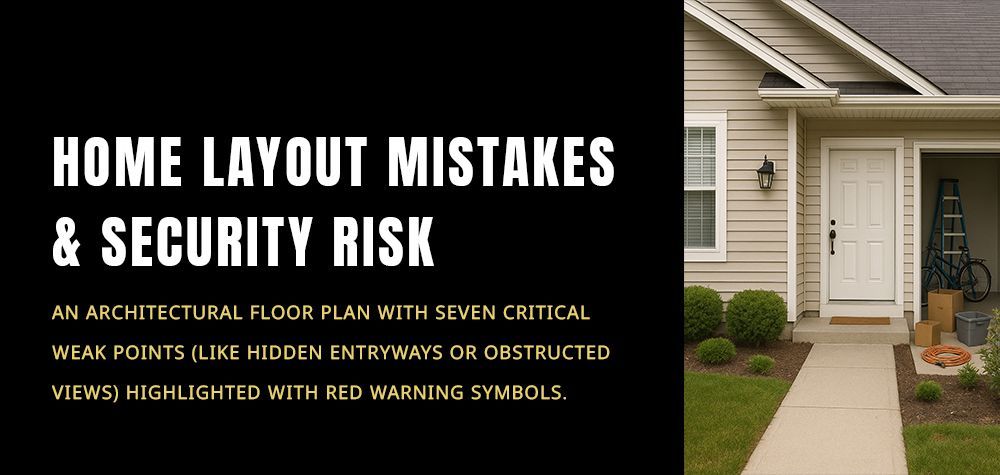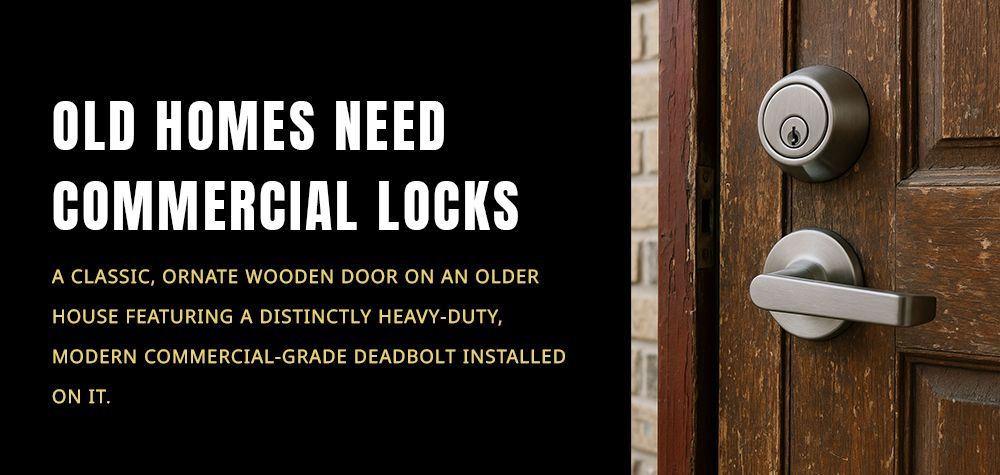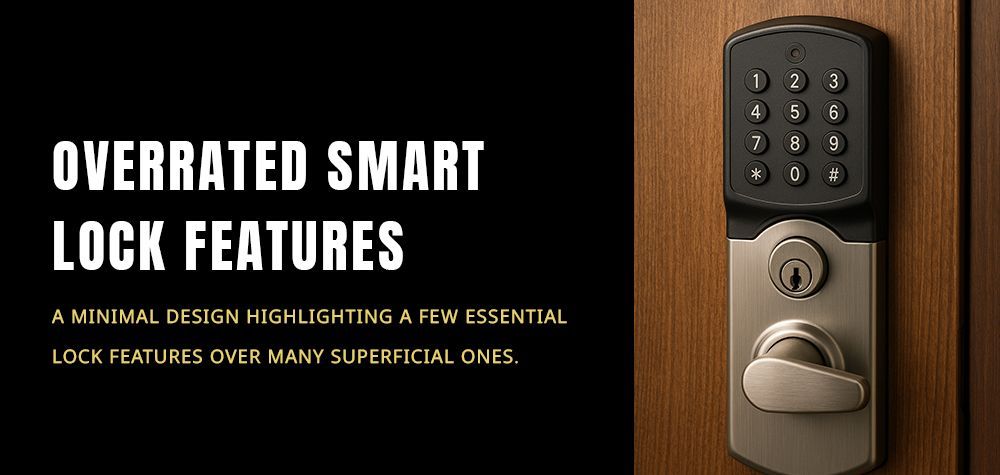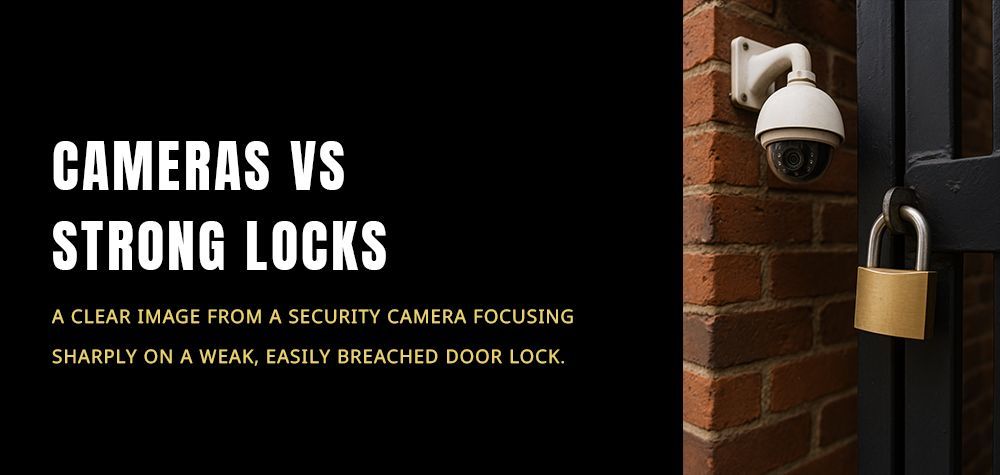Top Security Tips for Long-Term Storage
When it comes to long-term storage, the last thing you want to worry about is the safety of your belongings. Whether you’re storing precious family heirlooms, important documents, or household items you just don’t have room for right now, ensuring their security is crucial. But don’t fret—securing your long-term storage doesn’t have to be a daunting task. In this guide, we’ll walk you through everything you need to know to keep your items safe and sound. From choosing the right storage facility to implementing personal security measures, we’ve got all the tips and tricks to give you peace of mind. Ready to dive in? Let’s get started!
Read here about Tips for closet lockout!
Assessing Your Storage Needs
Determine What Items Will Be Stored: Identify the types of items you plan to store, considering their value and fragility.
Consider the Duration of Storage: Decide how long you need to store your items to choose the right facility.
Evaluate the Sensitivity and Vulnerability of the Items: Assess how sensitive your items are to environmental factors and their vulnerability to theft.
Categorize Your Belongings: Organize your items based on type, value, and storage requirements for efficient and secure storage.
Future Access Needs: Consider how often you will need to access your stored items to ensure convenient and secure access.
Choosing the Right Storage Facility
Research and Reviews: Look for reputable facilities with positive customer feedback.
Security Features: Check for 24/7 surveillance, secure access controls, and on-site personnel.
Climate Control: Ensure the facility has climate control to protect against environmental damage.
Location: Prefer facilities in safe, well-lit areas with good neighborhood reputations.
Use High-Quality Packing Materials
When preparing items for long-term storage, the quality of packing materials plays a crucial role in ensuring their protection. Opt for sturdy boxes, preferably new or in excellent condition, to provide structural integrity and safeguard against crushing. Use packing tape liberally to secure boxes and prevent accidental opening during transport or storage.
Bubble wrap, packing peanuts, and foam inserts are ideal for cushioning fragile items like glassware or electronics, minimizing the risk of damage from bumps or shifts. Investing in high-quality packing materials not only enhances the security of your belongings but also contributes to their longevity while in storage.

Label Everything
Labeling is a simple yet essential step in organizing your storage unit effectively. Clearly mark each box with its contents and any handling instructions to streamline retrieval and minimize handling damage. Use permanent markers or label makers for legible and durable labeling. Consider color-coding or numbering boxes according to categories or priority items for easy identification.
Additionally, include a brief inventory list on the outside of each box or maintain a master inventory for quick reference. Proper labeling not only saves time when accessing stored items but also helps maintain order and reduce the likelihood of misplaced belongings.
Read more about Open a lockbox without a key!
Use Mothballs or Cedar Blocks Inside the Self-Storage Units
When storing items for the long term, protecting them from pests like moths and insects is essential. Mothballs and cedar blocks are two effective options for keeping these unwanted visitors at bay. Mothballs release a vapor that deters moths and other insects from nesting in fabrics and textiles, making them particularly useful for storing clothing and linens.
Cedar blocks, on the other hand, emit a pleasant aroma while naturally repelling moths and insects due to their aromatic oils. Place mothballs or cedar blocks strategically throughout your storage unit, ensuring they are not in direct contact with your belongings to prevent any potential staining or damage. Regularly check and replace these repellents to maintain their effectiveness over time. By incorporating mothballs or cedar blocks into your storage strategy, you can help safeguard your stored items from pest infestations and ensure they remain in pristine condition.
Keep Everything Elevated
Elevating your stored items off the ground is crucial for protecting them from potential water damage. Use pallets or shelving units to keep boxes and furniture raised and away from direct contact with the floor. This precaution helps prevent moisture absorption from concrete or dirt floors, especially in areas prone to flooding or water leaks.
Additionally, elevating items improves air circulation around stored belongings, reducing the likelihood of mold and mildew formation. When organizing your storage unit, prioritize placing heavier items on the bottom shelves or pallets to maintain stability and minimize strain on lighter items above. By keeping everything elevated, you not only enhance the safety of your stored belongings but also prolong their longevity in storage.
Call Us Any Time!


